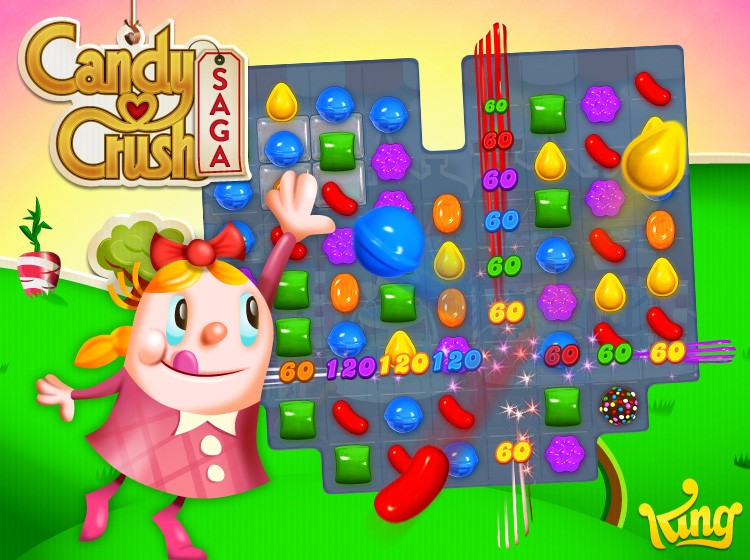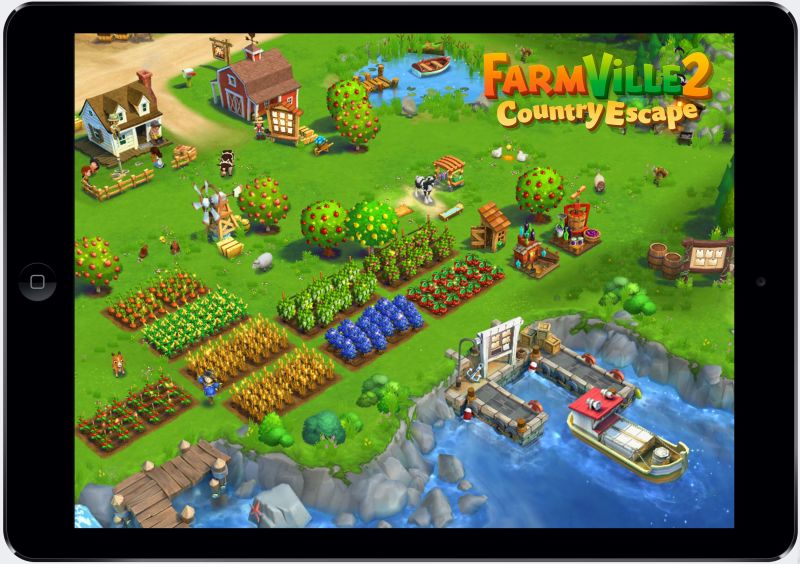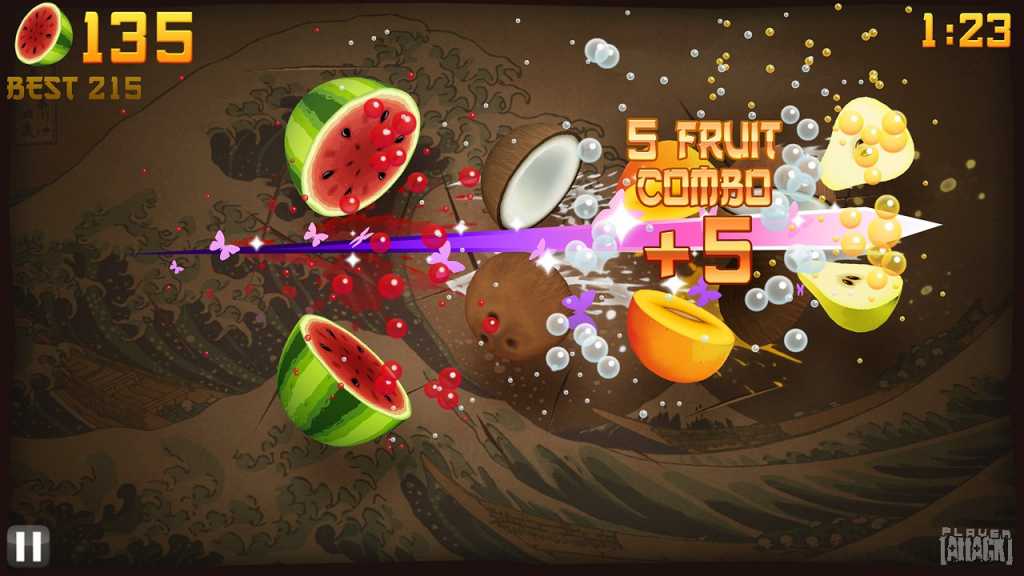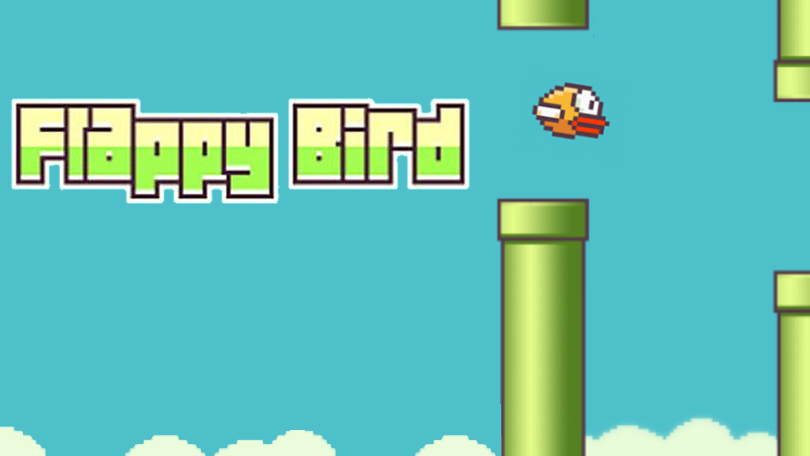What makes an app addictive?
So I’ve often wondered to myself, why is it that some games have me pounding that replay button like an addict jonesing for a fix, while other apps are just sort of, well …meh. ?? I think some apps just tap into those compulsive qualities we all possess, while others are a tad diabolical by design. It’s ultimately a subjective reaction, and striking that delicate balance between mass appeal and an inviting hook are elusive, to be sure. It’s also hard to predict what exactly makes a viral hit, and is sort of akin to defining that elusive X factor that makes one person a star, and another their valet. And if we could bottle that mysterious substance, then virtually nothing would be special, so perhaps it’s best left to the ethers where it belongs.
Source: Play Candy Crush
From what I can glean, there are a few elements that one can rely upon as breadcrumbs leading down a path toward potential success; let’s aim for a hair less addictive than tobacco, with none of those pesky side effects, but a scosche more addictive than that biting fizz in the bvack of your throat when you take a gulp of soda. Addictive apps can span the gamut of genres, from a micro social app like Yo, to high concept gaming like Angry Birds. Personally, I think replay games offer the best insight as to what makes an app addictive. This relatively new gaming genre cranks out more maddeningly addictive games than arguably any other, but it also churns out as much dreck as the local sewage plant.
Source: Player Attack
Replay games seem to borrow heavily from retro gaming, and usually involve absurd elements that make no sense; like a yellow pixel monster that gobbles up dots while being chased by ghosts, or a nightshift security guard babysitting a bunch of possessed mascot costumes at a children’s restaurant. A successful replay game in my book, is one that starts with an original concept that’s usually absurd. Addictive games are often paired with simple mechanics, typically of the one-fingered variety. And there’s often a Pavlov’s dog element to the play, like tap-tap-tap really, really fast, then insert a random popup ad and hope the puppy being trained clicks on the ad by accident and earns a hungry developer enough pennies for another slop of oatmeal; please sir, I want some more.
Source: Kotaku
No matter the game or app, simple and repetitive actions often make for addictive responses. Like Tinder; swipe this way, swipe that way, and reduce finding a soul mate to nanosecond whims. When it comes to games, usually there’s some sort of carrot dangling in front of your nose, just beckoning you to go a little further, try a little harder, and do a little better – I know I can do it, if I just give it one more try, I’m sure I can nail it; and so it goes, again, and again… and again. A drug pusher’s mentality never hurts either, that’s why some games dole out the fun, one pixel at a time, until you’re hooked and spent more than you care to admit trying to build a fantasy sim environment for little more than ego gratification. It’s called fun, boys and girls, and so long as you’re entertained, then it may well be worth the price of admission.
Source: PC Mag
Addictive games don’t necessarily need to have great graphics, or even a worthwhile plot. Some of the most popular games out there are starring stickmen in a variety of precarious situations. Zombies are also a tried and true element, as is anything with gratuitous blood and violence. Cartoon boobs apparently never hurts either, though I question the sanity of anyone who develops a crush on a pixel girlfriend or boyfriend; I mean, maybe get out and smell a flower or two, or – *gasp* – talk to a real human being!
Addictive apps are usually part of a broader social experience; what’s everyone talking about? What’s the new viral video? What’s the latest and coolest? But at the end of the day, the secret formula for what makes one app addictive and another fall by the wayside remains rather hard to define. There’s a difference between addictive Kleenex sort of apps, that are played and tossed, as opposed to long lasting essentials like Line or OpenTable, that aim to make life easier and more efficient. Either way, one thing is certain, mobile apps are here to stay, and one way or another, we all have a new monkey on our back to keep in check.



